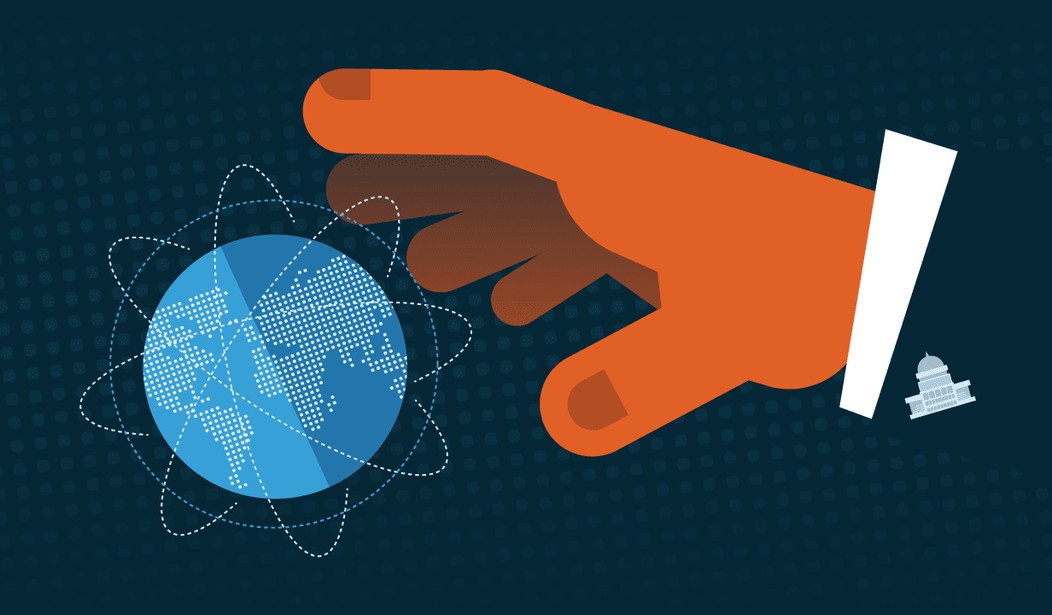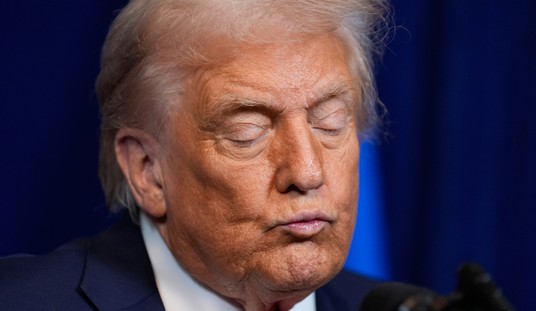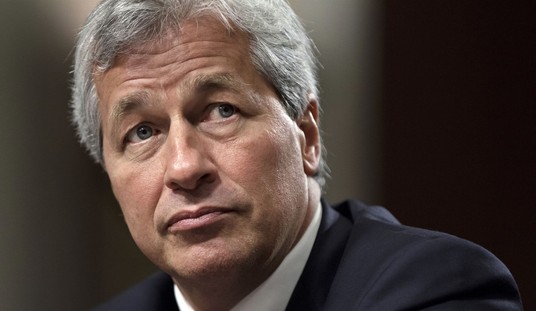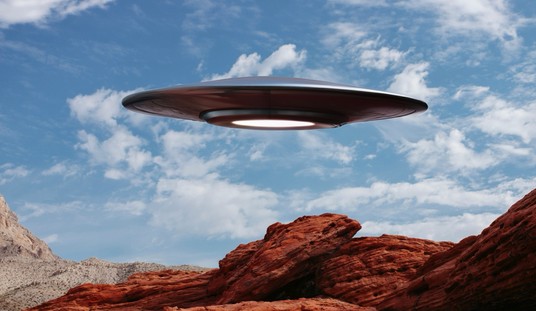Net Neutrality is one of the most contentious subjects in 2018, but even now, few people understand what it is or what it means for users of the internet (e.g. everybody).
Thankfully, Jon Gabriel of Ricochette and PragerU teamed up to give you the real story on Net Neutrality, and why it’s one of the worst ideas to hit the internet since Twitter’s “Trust and Safety Council.”
According to Gabriel, Net Neutrality is essentially the government taking control of the internet and out of the hands of the free market. The impression for Net Neutrality by those who advocate for it is that internet service providers (ISPs) like AT&T or Comcast can’t charge extra for visiting certain sites. The idea you’re supposed to get is that it makes the internet fair for all.
Gabriel explains why this is a bad idea:
The internet consists of a physical infrastructure consisting of cable and phone lines that carry the data—we call it “bandwidth.” But of course, there’s a limit to how much data it can carry. In 2014, just two companies, Netflix and Google (which owns YouTube), consumed more than 52% of the total bandwidth of the entire internet.
All those data-heavy movies and videos clog up the “pipe.” To combat this massive resource drain, the ISPs floated the idea of creating “fast lanes”: bandwidth that would be dedicated to the big users in exchange for higher usage rates. You use more, you pay more. Believe me, I’m no fan of ISPs, but shouldn’t they be allowed to charge companies more if they use more bandwidth?
Furthermore, if companies like Google and Netflix have to pay higher prices for more bandwidth, they’ll be motivated to find new ways to push more data through the “pipe.” And creative startups would no doubt see a great business opportunity to do the same thing. End result: More efficient, faster internet. Consumers win.
In other words, companies that use significantly more bandwidth would have to pay more for their own data highway so everyone else can use the regular data road with good speed. Naturally, the idea of having to pay more didn’t please corporations like Google and Facebook that took up most of the bandwidth.
As a result, these corporations began a scare campaign that made people believe that the collapse of Net Neutrality — a government decision that was passed with little to no public debate — would bring about the end of free speech on the internet, and slow internet speeds for the poor.
“Ironically, the only companies that have been censoring content are many of the same ones that want Net Neutrality: Google, YouTube, Facebook, Twitter—the big users. Companies that, coincidentally, had a very close relationship with the Obama Administration,” noted Gabriel.
So what happens if the ISP’s do go too far? We already have a system in place for that, explains Gabriel. Regardless, Net Neutrality’s rollback resulted in panic:
Unfair or bad-faith practices by ISPs, should they occur, can be addressed by existing anti-trust laws—as they always have. But all that followed the rollback decision was… hysteria. “Taking away #NetNeutrality is the Authoritarian dream,” actor Mark Ruffalo intoned. Authoritarianism used to be when the government forced its will on the people. Now, according to Hollywood activists, it’s when it doesn’t!
Watch the video for yourself below!















Join the conversation as a VIP Member